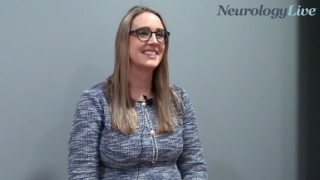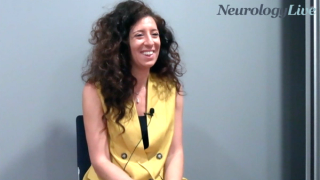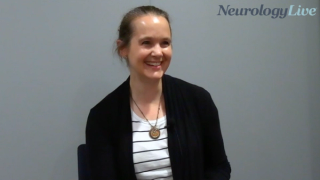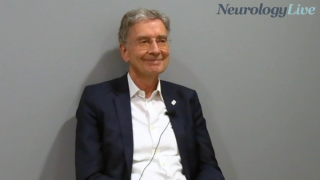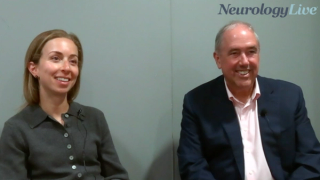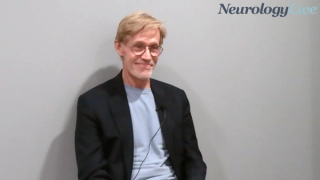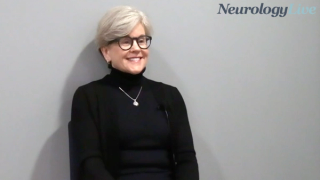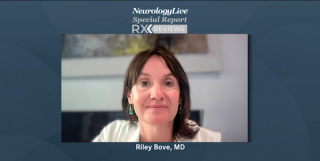
Multiple Sclerosis
Latest News

Latest Videos
CME Content
More News

A phase 2 study presented at ECTRIMS 2025 showed that autologous adipose-derived mesenchymal stem cell therapy was safe and effective in patients with relapsing-remitting multiple sclerosis.

New research highlights the effectiveness of paramagnetic rim lesions as a key biomarker for diagnosing multiple sclerosis, enhancing diagnostic accuracy.

New data reveal vidofludimus calcium shows promise in slowing disability progression in primary progressive multiple sclerosis, warranting further trials.

In a head-to-head phase 3 trial presented at ECTRIMS 2025, rituximab was noninferior to cladribine in preventing new or enlarging MRI lesions in relapsing-remitting multiple sclerosis.

In a late-breaking presentation at ECTRIMS 2025, findings showed that annual administration of rituximab was noninferior in efficacy to the 6-monthly treatment for relapsing-remitting multiple sclerosis.

Tiziana Life Sciences presents the design a phase 2a trial of nasal foralumab for treating nonactive secondary progressive MS at ECTRIMS 2025.

Tolebrutinib shows promise in improving quality of life for patients with nonrelapsing secondary progressive multiple sclerosis, according to recent trial findings.

Late-breaking results of the ORATORIO-HAND study presented at ECTRIMS 2025 suggest that ocrelizumab slowed both overall disability progression and loss of hand function in patients with primary progressive multiple sclerosis.
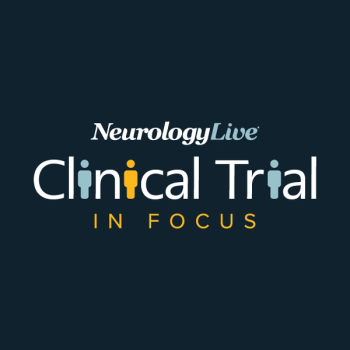
A new trial evaluates PIPE-307, a drug targeting M1 receptors, aiming to promote remyelination in relapsing-remitting multiple sclerosis patients.

The latest McDonald Diagnostic Criteria revisions integrate imaging, biomarkers, and laboratory testing to create a more accurate, globally applicable framework for earlier diagnosis in MS.

New research revealed that mesenchymal stem cells from patients with secondary progressive multiple sclerosis may increase proinflammatory T-cell activities compared with those from healthy controls.
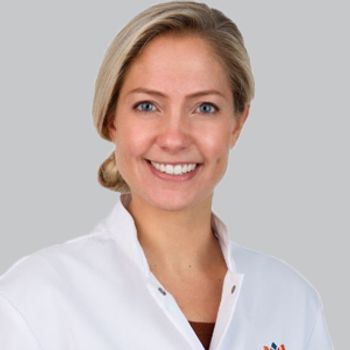
A recent study reveals that personalized extended interval dosing of natalizumab significantly reduces JCV seroconversion risk in patients with MS.

New findings from a randomized trial reported no difference in relapse rates or new T2 lesions between a personalized lifestyle app and a nonpersonalized version for multiple sclerosis.

A newly reported case highlights acute retinal necrosis from varicella zoster virus in a patient with multiple sclerosis on dimethyl fumarate, underscoring the need to consider non–optic neuritis causes of vision loss.

A new study reveals rituximab outperforms cladribine in managing MRI disease activity in relapsing multiple sclerosis over 4.5 years.
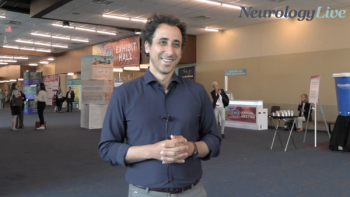
At CMSC 2025, assistant professor of neurology at the University of California, San Francisco discussed progress on the integration of biomarkers into clinical practice for multiple sclerosis. [WATCH TIME: 4 minutes]

A new study reveals higher rates of postpartum depression in women with multiple sclerosis, emphasizing the need for early screening and management strategies.

A recent analysis highlights the increasing use of Octave's MSDA test in managing multiple sclerosis, showcasing its impact on treatment decisions and disease monitoring.

Gabrielle Macaron, MD, assistant professor of neuroscience at Université de Montréal, discussed the nuanced clinical decision-making involved in initiating a DMT for patients newly diagnosed with MS.

At CMSC 2025, Cassandra Moore, MPH, CPH, associate vice president of strategy and innovation at the National MS Society, discussed the impact of health and wellness coaching in patients with multiple sclerosis.

Helius reported promising results for its Portable Neuromodulation Stimulator, enhancing gait and balance in poststroke patients, with FDA submission planned.

Navigating insurance hurdles for multiple sclerosis treatments poses significant risks, as seen in a patient's devastating relapse after denied care.

A recent study reveals a decline in multiple sclerosis progression rates, highlighting the impact of improved treatments and the need for ongoing innovation in care.
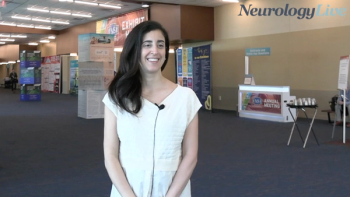
The assistant professor in the Department of Neuroscience at Université de Montréal discussed the importance of weighing the risks of multiple sclerosis against treatment risks, emphasizing individualized care. [WATCH TIME: 4 minutes]

The consultant neurologist at Torbay and Southern Devon Healthcare NHS Foundation Trust discussed the implementation of digital platforms and lifestyle-focused clinics to streamline MS care. [WATCH TIME: 5 minutes]





